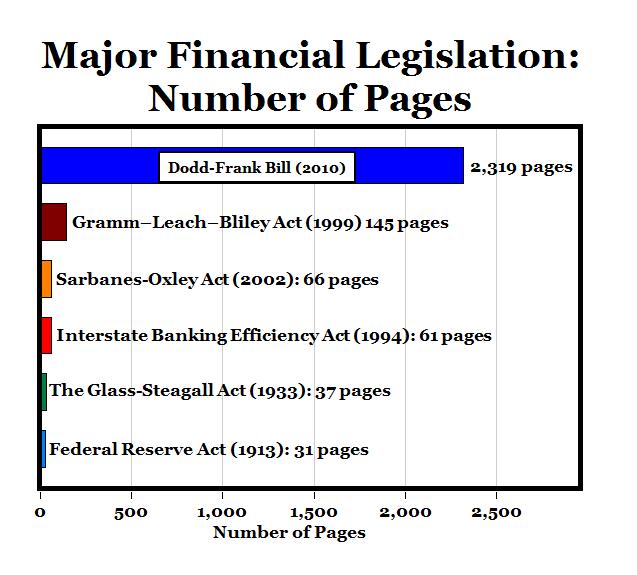
The US Court of Appeals for the DC Circuit — the second-highest court in the land — has ruled that the organization of the Consumer Financial Protection Board (CFPB) is unlawful. That’s something I’ve been saying in print since the Board was created under Dodd-Frank.
In a unanimous decision of the three justices of the United States Court of Appeals for the District of Columbia Circuit, the court ruled that the CFPB’s current structure allows the director to wield far too much power, more than any other agency in the government.
“Because the Director alone heads the agency without Presidential supervision, and in light of the CFPB’s broad authority over the U.S. economy, the Director enjoys significantly more unilateral power than any single member of any other independent agency,” the court writes.
And it gets worse for the CFPB from there.
From the court’s decision:
By “unilateral power,” we mean power that is not checked by the President or by other colleagues. Indeed, other than the President, the Director of the CFPB is the single most powerful official in the entire United States Government, at least when measured in terms of unilateral power. That is not an overstatement. What about the Speaker of the House, you might ask? The Speaker can pass legislation only if 218 Members agree. The Senate Majority Leader? The Leader needs 60 Senators to invoke cloture, and needs a majority of Senators (usually 51 Senators or 50 plus the Vice President) to approve a law or nomination. The Chief Justice? The Chief Justice must obtain four other Justices’ votes for his or her position to prevail. The Chair of the Federal Reserve? The Chair needs the approval of a majority of the Federal Reserve Board. The Secretary of Defense? The Secretary is supervised and directed by the President. On any decision, the Secretary must do as the President says. So too with the Secretary of State, and the Secretary of the Treasury, and the Attorney General.
In short, the court writes, the director of the CFPB is the “single most powerful official in the entire U.S. Government, other than the President,” in terms of unilateral power.
“It is the Director’s view of consumer protection law that prevails over all others,” the court writes. “In essence, the Director is the President of Consumer Finance. The concentration of massive, unchecked power in a single Director marks a departure from settled historical practice and makes the CFPB unique among traditional independent agencies.”
As a result of the decision, the CFPB now will operate as an executive agency. The President of the United States now has the power to supervise and direct the Director of the CFPB, and may remove the Director at will at any time.
READ MORE: http://www.housingwire.com/articles/38252-phh-wins-landmark-victory-cfpb-ruled-unconstitutional
Thanks to Ric Thom, President of Security Escrow, for alerting us to this: www.securityescrow.com and www.securityescrownews.com


Anyone else really excited about limiting the power of CFPB..that is until you read the very last paragraph. Bottomline nothing changed. Matter of fact, they will probably request more staff and a larger budget.
On the other hand, the country needs a CFPB that is insulated, to the greatest extent possible, from the vagaries of politics and manipulation by other than objective regulators. We are not far removed from the Great Recession triggered, in large part, by what Warren Buffet called “financial instruments of mass destruction,” including the crazy consumer interest-only, payment option arms, etc. that inflated real estate prices up and up until they finalized crashed. It had to happen. It was a Ponzi scheme.
However, the CPFB is re-constituted, the key driver should be independence and objectivity.